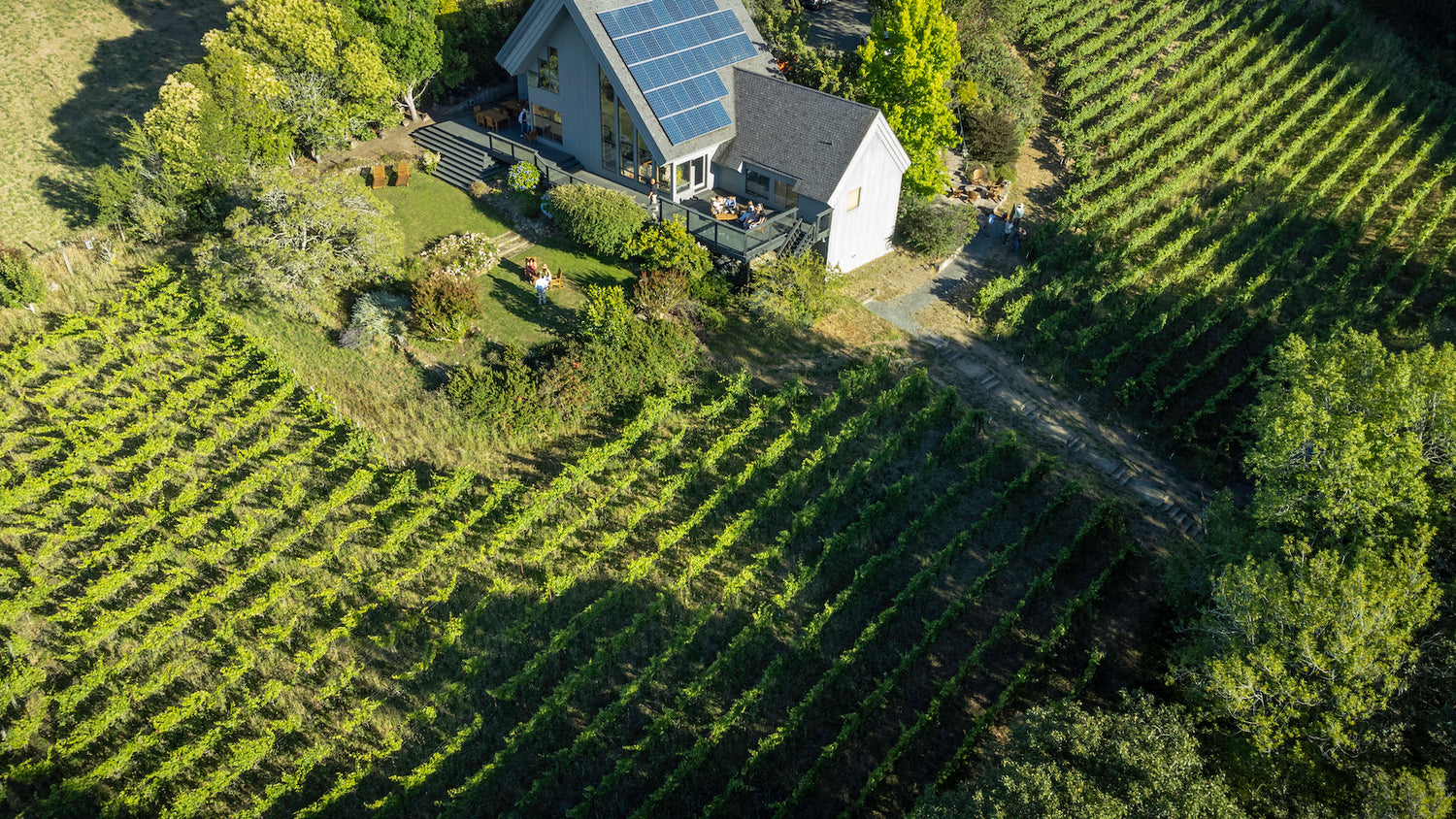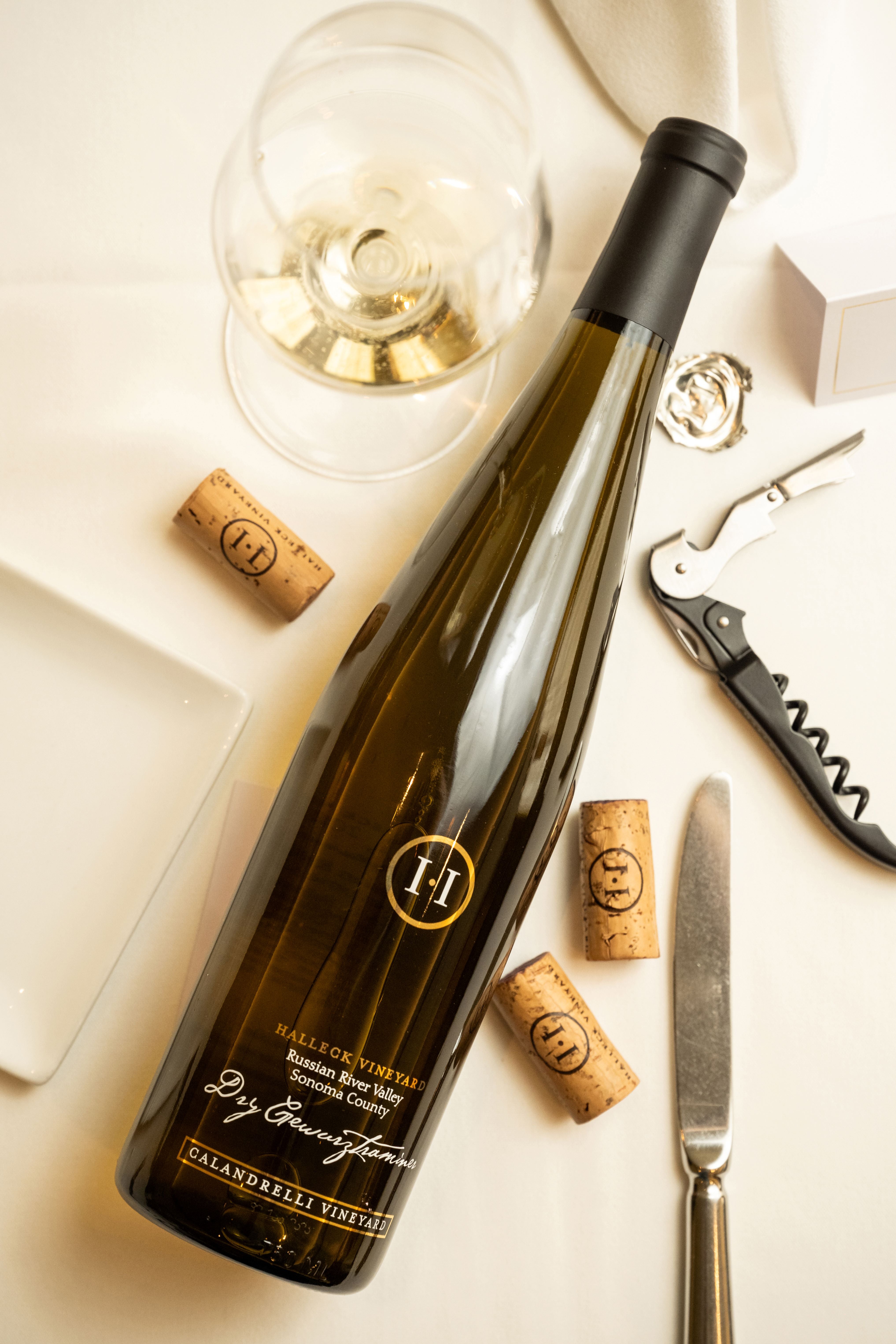Family-Oriented Wine Tasting Venues In Sebastopol - Sonoma Wine Tastings
Wineries Providing Guided Vineyard Walks - Wineries To Explore In Sonoma Valley
Wine tasting is commonly regarded as an art type, one that goes beyond merely having fun with a beverage. It embraces a complex interplay of flavors, aromas, and textures that requires devoted practice to actually master. Many who enterprise into the world of wine tasting quickly notice that it entails much more than just sipping wine. Enhancing sensory skills by way of dedicated winery wine tasting can elevate the experience, remodeling an off-the-cuff ingesting occasion into a sophisticated exploration of the senses.
At a primary stage, wine tasting engages the senses of sight, scent, style, touch, and even sound. Each part performs a crucial function in appreciating the nuances of a wine. When one first pours a glass of wine, the rich hues can provide preliminary insights into its age and varietal. Observing the color and readability helps kind expectations concerning the wine's flavor profile. Many don’t totally appreciate how this visual assessment can set the stage for what's to follow.
The subsequent step is to have interaction the sense of smell. Swirling the glass aerates the wine, permitting its volatile compounds to flee and fill the air with its bouquet. The nose entails some fascinating layers—different aromas can sign numerous features of the winemaking course of, including the type of grapes used, fermentation strategies, and aging situations. Growing a eager sense of odor can be a game-changer in wine tasting.
Wineries Offering Virtual Wine Tastings - Wine Tasting In Sonoma County
To enhance this sensory skill, wine enthusiasts are often encouraged to participate in devoted tastings at wineries. These tastings enable individuals to focus solely on the sensory experience (Off The Beaten Path Wineries In Sonoma). Tasting periods led by educated sommeliers or winemakers can provide insights into figuring out distinct aromas. Studying to differentiate between floral, fruity, earthy, and spicy notes can empower a taster to articulate their experience with higher precision.
As one practices their sensory abilities, they might discover that their taste preferences evolve. This transformation often occurs after multiple tastings. A wine that originally appeared overwhelming may reveal hidden layers of complexity with a little bit of experience. Understanding how to isolate individual flavors similar to acidity, sweetness, bitterness, and umami contributes considerably to the overall wine experience.
One Other essential factor in bettering sensory skills is the context by which wine is tasted. Environmental components like temperature, lighting, and even the company current can affect perceptions. At a winery, an optimal setting can cut back distractions and enable a extra profound exploration of the wine (Wineries With Live Music Events Occasionally). Training conscious tasting techniques encourages a more immersive experience, allowing tasters to hone in on their senses.
It isn't solely about individual perception, although. Engaging with others throughout a tasting also can enhance sensory skills. Sharing notes and discussing impressions fosters a deeper understanding of the wine. This collaborative approach encourages members to articulate their sensory experiences, thereby broadening their linguistic repertoire associated to wine tasting.
Vineyard Tours With Guided Tastings In Sonoma - Sebastopol Area Wine Tasting
Moreover, pairing wine with food can significantly improve the tasting experience. Totally Different combinations can bring out distinctive flavors in both the wine and the dish. As one tastes a wine alongside specific meals, they will start to recognize how certain parts in the wine complement or contrast with what they are eating. This skill of pairing is one other layer that enriches sensory growth.
Training one’s palate can contain a selection of exercises. Some enthusiasts have interaction in systematic tasting experiences, sampling a variety of wines that showcase totally different varietals, regions, or vintages. Exploring this range can sharpen the ability to discern nuances throughout totally different wine profiles. Over time, this practice builds a mental library of flavors that may be accessed throughout future tastings.
Notably, written notes serve a dual function: organizing one’s thoughts and reinforcing reminiscence. By writing down observations about each wine, tasters can observe their progress over time. Detailing the characteristics of wines assists in solidifying data, finally deepening one’s appreciation of what they devour.
Moreover, attending workshops or classes centered on sensory analysis can be helpful. Many wineries supply these instructional programs to help people refine their skills. Typically, trained instructors guide individuals through structured tastings, specializing in specific parts of the wine. This level of schooling reinforces the sensory skills asynchronously and challenges tasters to think about their experiences from totally different angles.
Wineries Offering Educational Wine Seminars - Unique Wine Tasting Experiences In Sebastopol
Over time, the dedication to improving sensory skills through dedicated winery wine tasting can yield significant rewards. The enjoyment derived from wine becomes layered and multifaceted. No longer limited to a simple choice for "purple" or "white," tasters start to understand the tales behind every pour. They domesticate a palette able to navigating the complicated panorama of flavors with confidence.
In conclusion, the journey of enhancing sensory skills via dedicated winery wine tasting is as rewarding as it is pleasant. It requires focus, commitment, and a willingness to study, but the outcomes far exceed the initial effort. By engaging multiple senses and participating in considerate discussions, people not solely turn into more proficient at figuring out flavors but in addition develop a deeper appreciation for the craftsmanship behind each bottle. The process transforms wine from a mere beverage into a rich tapestry of sensory exploration that beckons enthusiasts to delve deeper. As skills enhance, so too does the enjoyment, enriching life experiences one sip at a time.
Wineries With Unique Wine Blends - Unforgettable Wine Tastings In Sonoma
- Partaking the palate by way of diverse wine varieties enhances the power to distinguish flavors and aromas, refining total sensory perception.
- Participating in guided tastings promotes targeted consideration on refined traits of each wine, nurturing critical tasting skills.
- Learning to determine particular grape varieties fosters a deeper understanding of terroir, which aids in recognizing regional flavor profiles.
- Incorporating food pairings throughout tastings can heighten sensory consciousness, as different tastes can influence each other and alter perceptions.
- Practicing the art of swirling and nosing wines allows individuals to connect olfactory cues with style, enhancing the power to articulate sensory experiences.
- Attending workshops that emphasize blind tastings trains members to rely purely on their senses somewhat than preconceived notions, enhancing objectivity.
- Elevating sensory skills can result in higher wine choice skills, empowering people to make knowledgeable selections primarily based on personal preferences.
- Partaking with knowledgeable sommeliers offers insights into wine-making processes, which deepens sensory appreciation and enhances vocabulary for describing wines.
- Common participation in tastings encourages reminiscence improvement of flavors and aromas, aiding in the formation of a personalised sensory profile over time.
- Sharing tasting experiences with friends fosters dialogue, selling communal studying that may improve individual sensory skills via collaboration.undefinedWhat is the purpose of improving sensory skills through wine tasting?

Improving sensory skills by way of wine tasting permits individuals to boost their capability to identify and recognize the varied aromas, flavors, and textures of wine. This heightened sensory awareness can result in a deeper understanding of wine and an general enriched tasting experience.
Best Chardonnays From Sonoma Winemakers - Sonoma County's Best Wine Experiences
How can I develop my sensory skills at a winery?
You can develop your sensory skills at a winery by participating in guided tasting sessions that concentrate on specific why not find out more varietals. Engage with knowledgeable staff who can present insights and encourage you to take notes in your impressions, enhancing each your observational and descriptive skills.
What ought to I anticipate during a dedicated wine tasting experience?
Intimate Wine Tasting Experiences In Sonoma - Top-Rated Wineries In Sebastopol
During a dedicated wine tasting experience, anticipate to sample a choice of wines whereas receiving focused training about each. You May learn about the winemaking process, tasting techniques, and how to discern different sensory characteristics, all in a relaxed surroundings.

Is prior data of wine necessary to profit from a sensory skills workshop?
- Wineries Producing Pinot Noir And Chardonnay
No prior knowledge of wine is important; the workshops are designed for all ranges of experience. Beginners will find priceless information to construct from, whereas seasoned tasters can refine their skills and expand their palate even additional.
How do sensory skills impression my overall wine appreciation?
Eco-Friendly Wineries In Sonoma County - Wineries Near Sebastopol For Tasting
Enhancing sensory skills significantly enhances your total wine appreciation by allowing you to identify subtleties and complexities in wines. This deeper understanding enriches your tasting experience and helps you make knowledgeable choices based on personal preferences.
Are there particular techniques I should use whereas tasting wine to improve my sensory skills?
Wineries With Live Music Events Occasionally - Sebastopol's Best Wine Trails
Yes, employing techniques such as the "SWOT" method (Sight, Swirl, Smell, Sip, Savor) may be helpful. Pay consideration to the wine's look, aromatics, and mouthfeel, and take your time with every sip to completely discover the flavors and sensations.
What sort of wines are typically included in sensory skills tastings?
Typically, sensory skills tastings embody a big selection of wines that showcase totally different regions, varietals, and styles. This range helps individuals identify distinct traits and enhances their capability to distinguish between wines.
Can sensory skills workshops be personalized to my tasting interests?
Breathtaking Views From Sonoma Wineries - Sonoma County's Best Wine Experiences
Many wineries offer personalized options for sensory skills workshops, allowing you to focus on specific types of wines or themes that curiosity you, corresponding to organic wines or distinctive regional choices. It Is greatest to inquire immediately with the winery for tailored experiences.
Is visit this web-site there a way to practice sensory skills after leaving the winery?
Yes, you'll be able to practice your sensory skills at home by tasting completely different wines and preserving a tasting journal. Experimenting with varied food pairings and aromatics can additional enhance your understanding of how flavors interact, reinforcing the skills gained on the winery.